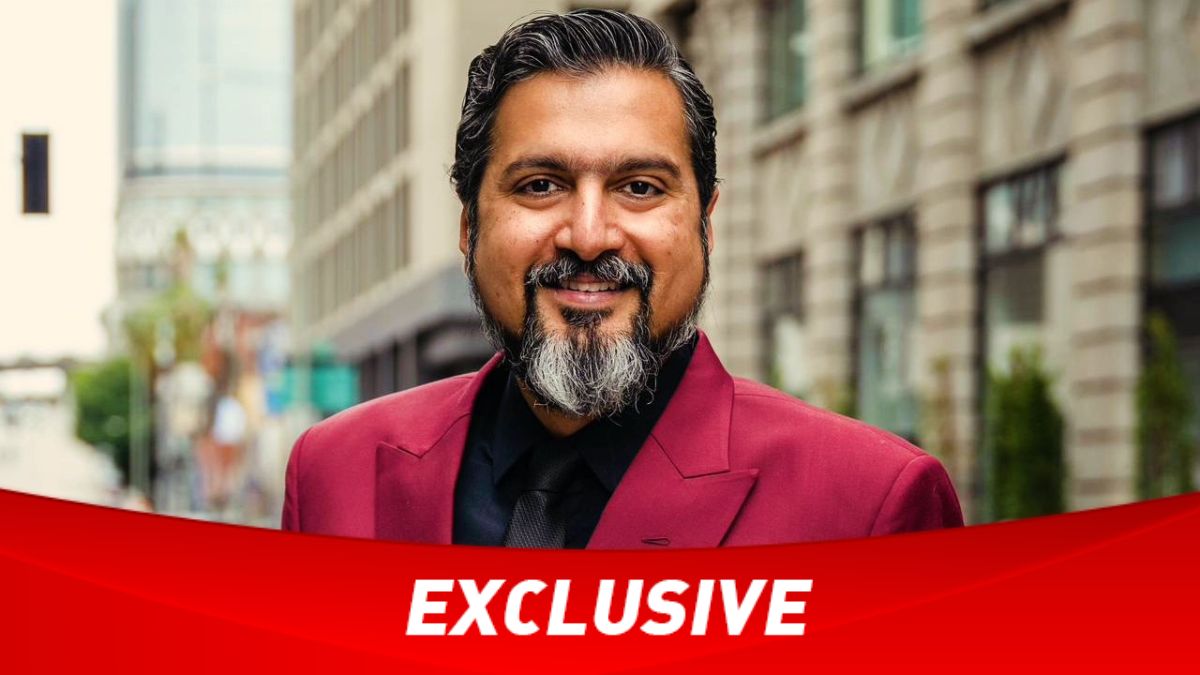
Indian music composer Ricky Kej is known for his music worldwide, as he won the Grammy Awards thrice. Now, once again, he has received international recognition with a Grammy nomination for his latest album, Break of Dawn.
With this album, he aims to promote mental health and wellness. Break of Dawn is a New Age album based on Ancient Indian Raags which has 9 different tracks. In an exclusive conversation with Bollywood Bubble, the Grammy Award-winning music composer spills the beans about his latest album Break of Dawn, his journey from being a dentist to the musician, autotune, AI remakes on legendary voices, and more.
How does it feel to be nominated for the Grammy Awards for the 4th time? What was your reaction and were you expecting it?
It feels amazing to be nominated again. The excitement is high for sure and this album is what I’m really proud of. I consider this to be my best work ever. It also addresses a very important topic, which is the global burden of mental health. I don’t think I was expecting it. I had an intimate dinner at a friend’s house around 9:30 in the evening. So that’s when Los Angeles woke up and it was announced and I saw all these notifications coming on my phone. I picked up my phone, looked at it, and I was shocked and pleasantly surprised. Unfortunately, I had to leave the dinner and go back home because I had to call up all my colleagues and collaborators on the album, the record label. I tell them about this news. It was a very exhilarating moment.
Break of Dawn is a New Age album based on Ancient Indian Raags, crafted to promote mental health and wellness. When did you get this thought of creating music that would work as a healer?
From childhood. I have always been into two things—a musician and an environmentalist—two pillars that have pretty much dictated my whole life and every single life decision that I’ve made. A few years ago, I was exposed to this amazing philosophy, which is Hindu Buddhist philosophy, which states that ‘The imbalances of the environment are a direct reflection of the imbalances of the mind. So in order to purify the environment, we first have to purify our minds and vice versa.’
This really stuck with me because it seemed like a very obvious thing because when it comes to the environment, we always have very symptomatic solutions for problems. If you have to get to the root of the problems, we have to create a more compassionate society, and the only way to create a more compassionate society is through creating mental wellness. So that’s how the journey started into creating this album, where I decided to use Indian-rooted wellness music. I chose nine rags, which I felt were best suited for this and created nine songs based on those nine rags.
Have you ever experienced mental health issues in any phase of life?
I have not had any dark passages in my life and my career has never had that kind of major ups and downs every artist has. I have been fortunate that each and every year has been better than the previous year. I do have a lot of empathy for people who have faced mental health issues and I see that happening around me all the time. I also see the stigma that is associated with mental health.
Mental health should be treated like any other non-communicable disease, like diabetes, high blood pressure, heart issues or even a fracture. I believe that mental wellness does need medical intervention or therapeutic intervention. It needs to have a lot of compassion. A huge stigma even for admitting that one is feeling depressed or that one is going through a lot of stress, anxiety or mental health issues, and that needs to change.
You studied to become a dentist but switched careers and became a musician. How did this happen?
My father was a third-generation doctor. He also knew that, at the end of the day, I was going to be a musician. I told him this during my 12th that I wanted music to be a profession and he was quite furious. After a lot of drama at home, I reached a compromise with my father that I would finish off a degree in dental surgery. So, I went to five years of college, finished off my dental degree, gave the degree certificate to my father and became a full-time musician. But even while I was doing my degree for five years in the evenings, I was doing music professionally. So there’s never a shift in any career.
How much has the music industry evolved from 2015, the year you received your first Grammy to date?
I think it’s evolved quite a lot by leaps and bounds because of the way that music is created and based on how music is consumed. When I won my first Grammy in 2015, CD was still a thing—physical media. People were buying CDs; they were keeping CDs in the library. Just like people have books in the library. There was pride of ownership; they would buy an album, they would feel like they wanted the album and they would listen to the album for the rest of their lives. Now, music is streaming on sites like Spotify, Apple Music, Amazon Music, YouTube, and all of that stuff. So previously, with CDs, people used to listen to songs and then after listening to them again and again, they used to fall in love with the song, just A R Rahman songs.
Nowadays, that does not happen anymore simply because these songs have to be created for immediate consumption. So that’s the reason why songs are created more like nursery rhymes; they have to be catchy, like extremely catchy in the first few seconds, as these songs captivate you within the first few seconds and they stick in your head. So in the last five years, we have not had a single song that has gone through the test of time.
What is your perspective on the use of autotune in music and the trend of AI recreating legendary voices?
When it comes to autotune, I feel autotune is such an essential tool in today’s time. Even if a singer is singing absolutely perfectly. The thing is that autotune is just a tool that you use to ensure that the voice sits perfectly well with the rest of the instruments. So I would say that autotune is a very good tool to use with fantastic singers, but to create a good singer out of a terrible singer through autotune is not something I’m interested in doing.
Also, the trend of AI recreating legendary voices again—I’m in two minds about that, simply because there is a legality involved. I feel that if the estate of the singer and the fans of the singer are fine with it because one does it in a very respectful manner and in a legal manner and in a way that compensates the family of the singer, they think it’s not a bad idea.
As an artist, what are your thoughts on fans having to pay huge sums to watch their favourite musicians live? Also, what are your thoughts on the ticket scams happening—concert tickets being sold out within minutes and then being re-sold for high prices?
I feel that there needs to be strong regulatory mechanisms, especially from the government, to ensure that this resale of tickets does not happen. And extortion of the public does not happen. Now the thing is that the artists and the promoter are free to charge whatever they want as long as they are charged legally, which is off with the proper taxation and all of that stuff. This whole idea of you know of third-party websites buying tickets and then reselling them at obscene amounts of money. This thing should be dealt with very severely.
You have never been a part of any reality TV show; do you feel these shows are scripted or fake or do you feel they give a platform to the newcomers?
I actually do not care which is scripted or fake or which is real, because at the end of the day, reality shows are created for one primary purpose and that is entertainment. When it comes to the singers, I know a few friends of mine who have gone to reality shows that will be managed to make good careers for themselves. After this reality shows up, is it beneficial because it gives you the exposure, but then again, like the format of the reality show, it should be such that it brings about a strong individuality in the singer rather than forcing the singer to be a carbon copy of another legendary singer. I think it’s very important for reality shows to work towards creating and nurturing the individuality of every single rather than making them copies of each other.
So you would like to be a part of a reality show if you get a chance?
I would actually love to be part of a reality show if given a chance not as a participant but as a judge (he laughs).
Lastly, your thoughts on Indian music, Indian culture-inspired music going global?
When it comes to the classical forms of Indian music and traditional home forms of Indian music, I think that has been growing globally for a very long time now because if you look at Panda Ravi Shankar. He has had global success with his sitar music. It’s the same thing with Ustad Zakir Hussain, Pandit Hariprasad Chaurasia, Ustad Amjad Ali Khan. Their music has been recognized everywhere in the world. They’ve done some fantastic collaborations with musicians around the world. This kind of music are appreciated all over the world, but unfortunately, we as Indians do not appreciate our own forms of music. In fact, outside of India, they’re appreciating our music more than they is in India.
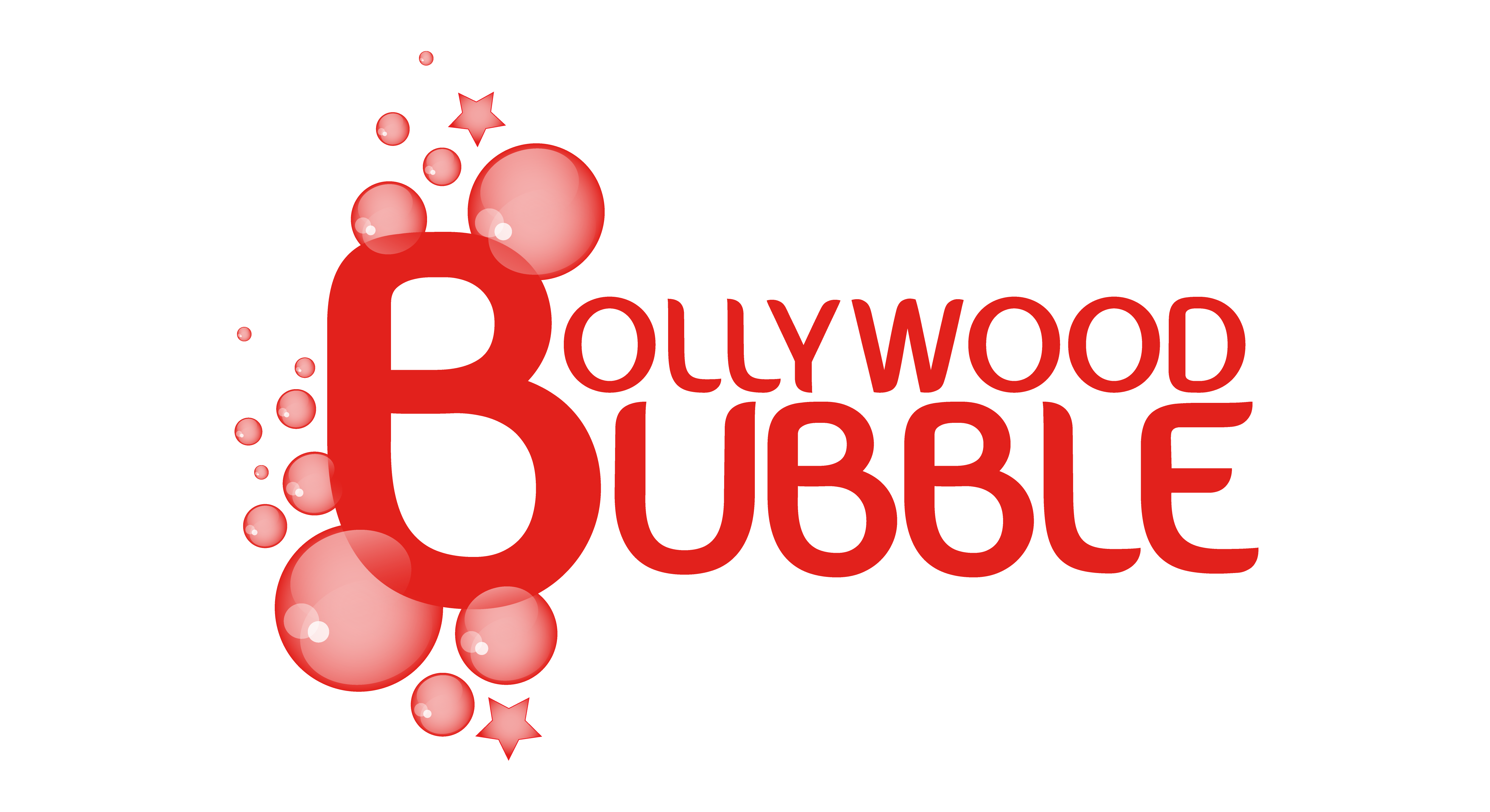
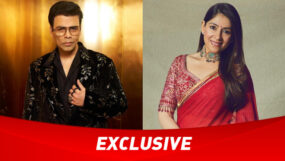
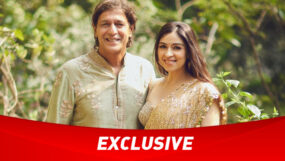
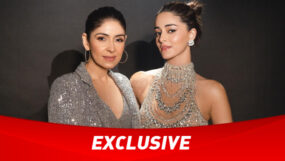

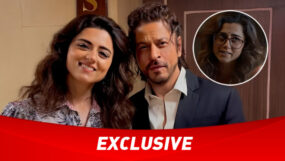

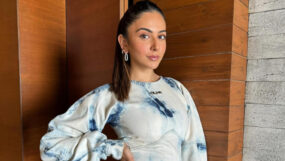
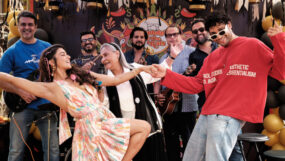
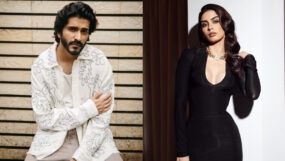
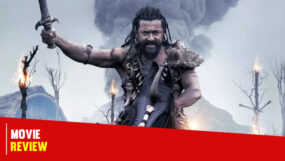
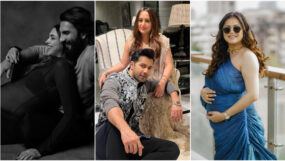
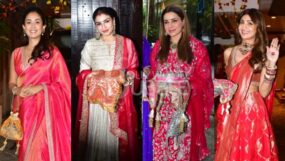
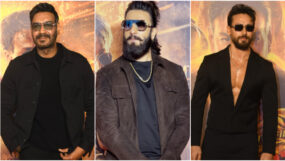
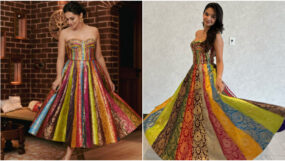
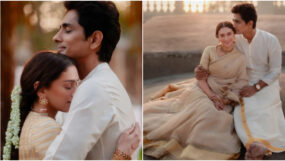
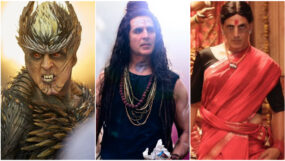

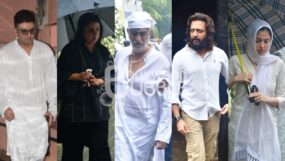
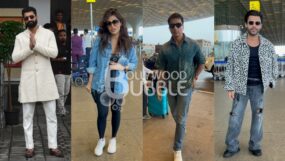
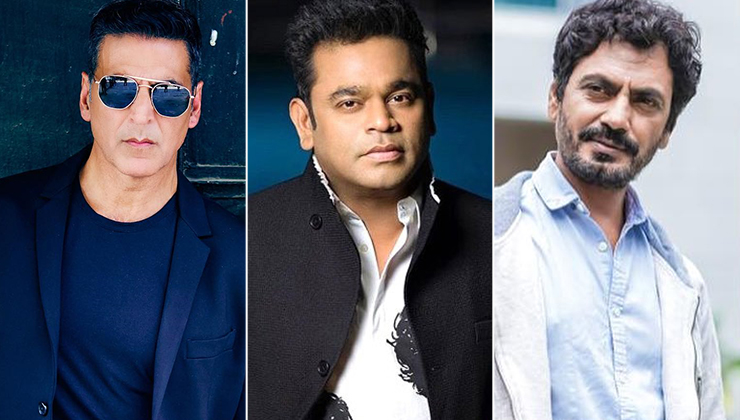
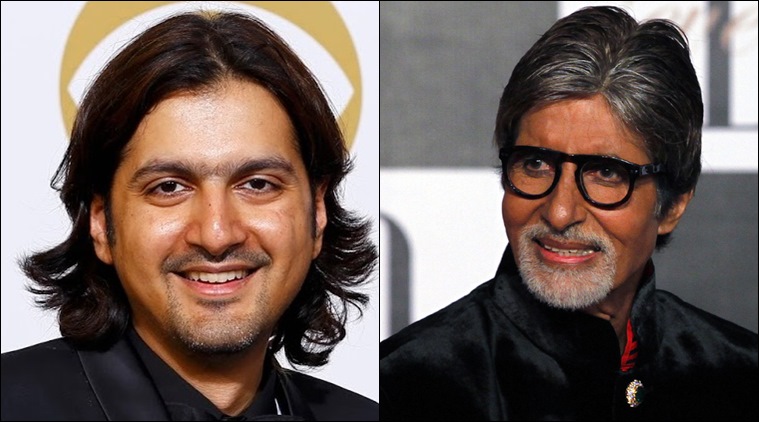
Leave a Reply